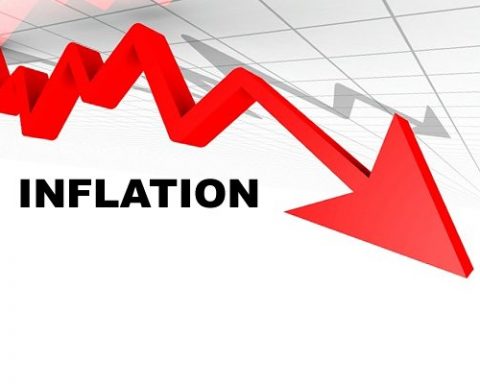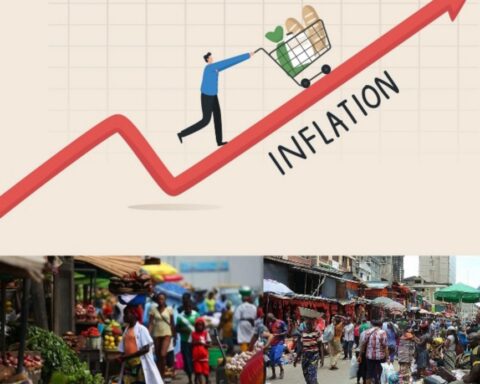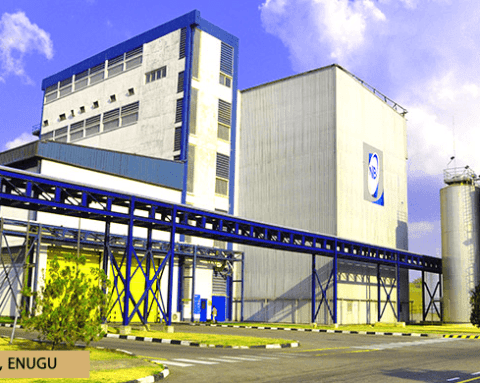Nigeria’s headline inflation rate has dropped for the fourth consecutive time this year.
The latest Consumer Price Index (CPI) report released by the National Bureau of Statistics (NBS) shows that the rate eased to 21.88 per cent in July 2025 from 22.22 per cent recorded in June.
Join our WhatsApp ChannelThe West African country’s inflation rate has been on a downward trend this year after the CPI rebasing carried out by the NBS.
The CPI rebasing saw the headline inflation rate dropping to 24.1 per cent in January and 23.18 per cent in February 2025. After rising to 24.23 per cent in March, it fell to 23.71 per cent in April 2025, and subsequently eased to 22.97 per cent in May and 22.22 per cent in June.
According to the latest NBS CPI data, the July 2025 headline inflation rate reflects a year-on-year drop of 11.52 per cent from the 33.40 per cent inflation rate recorded in the same period in 2024.
On a month-on-month basis, the inflation rate in July 2025 was 1.99 per cent, representing a 0.31 per cent increase from the 1.68 per cent recorded in June 2025. “This means that in July 2025, the rate of increase in the average price level was higher than the rate of increase in the average price level in June 2025,” the report stated.
Food Inflation
However, food inflation, which is a key driver of the headline inflation, was 22.74 per cent in July, reflecting a slight increase from 21.97 per cent in June.
On a year-on-year basis, it was 16.79 percentage points lower compared to the rate recorded in July 2024 (39.53 per cent).
“The significant decline in the annual food inflation figure is technically due to the change in the base year,” it explained.
On a month-on-month basis, the Food inflation rate in July 2025 was 3.12 per cent, down by 0.14 per cent compared to June 2025 (3.25 per cent). NBS said the decrease can be attributed to the rate of decrease in the average prices of Vegetable Oil, Bean (White), Rice Local, Maize Flour, Guinea Corn (Sorghum), Wheat Flour, Millet Whole grain, etc.
The downward trend of Nigeria’s headline inflation has been attributed to the ongoing reforms embarked on by the monetary authority.
In its quest to fight inflation, the Central Bank of Nigeria has aggressively hiked the monetary policy rate, also known as the benchmark interest rate, by 875 basis points to 27.5 per cent, tightening liquidity in the financial system.
Last month, the CBN’s Monetary Policy Committee met and decided to hold the current interest rate for the third consecutive time this year, pledging to maintain its current stance until inflation risks recede.
However, analysts have argued that monetary measures alone can not effectively bring down inflation, pointing out that other factors are driving it that the authorities need to tackle for the reforms to achieve a meaningful effect.
Victor Ezeja is a passionate journalist with seven years of experience writing on economy, politics and energy. He holds a Master's degree in Mass Communication.












